Retro Replay Review
Gameplay
Hanse: Die Expedition places you firmly in the midst of 13th-century mercantile life, tasking you with building a trading empire out of humble beginnings in Lübeck. You start with a modest ship and some seed money, and your primary objective is to establish stores in key Hanseatic cities such as Riga, Malmö, and Novgorod. Each port specializes in a particular good—wool, furs, or honey—so charting profitable routes and timing your returns to Lübeck for maximum resale value becomes a core strategic challenge. The flow of supply and demand keeps every trip engaging, as prices fluctuate based on local availability and broader economic trends.
(HEY YOU!! We hope you enjoy! We try not to run ads. So basically, this is a very expensive hobby running this site. Please consider joining us for updates, forums, and more. Network w/ us to make some cash or friends while retro gaming, and you can win some free retro games for posting. Okay, carry on 👍)
Beyond simple trade runs, Hanse layers in ship management and financial services to deepen the simulation. In Lübeck’s dockyard, you can upgrade your fleet or invest in faster, larger vessels to carry more cargo or armaments. The local bank offers credit lines to fund expansion, but debt comes with risk: misjudging repayments can stall your ambitions. These mechanics encourage careful planning—balancing the cost of new ships against potential profits, or deciding whether to carry extra cannons for defense at the expense of cargo space.
Naval encounters add an unexpected tactical twist. When pirates or rival nations intercept your merchant vessels, you’re presented with a small strategic map where you position your cannons and choose firing angles. Combat then resolves automatically, but your choices in placement and ship upgrades play a key role in outcome. These skirmishes inject bursts of adrenaline into what is otherwise a thoughtful, methodical trade sim.
An often-overlooked layer is the social progression: marriage, children, and succession. After marrying, you must hire a teacher for your offspring and even send them on expeditions to discover new trading hubs. Your long-term success hinges on ensuring at least one child remains in Lübeck to inherit your stores upon your death. This dynastic arc gives your career a human dimension and raises the stakes—one misstep in family planning can end your line and game prematurely.
Graphics
Visually, Hanse: Die Expedition opts for a clean, functional aesthetic that emphasizes clarity over flashy effects. The overhead map view of the Baltic Sea and trading ports is rendered in muted earth tones, evoking medieval maps without sacrificing legibility. Icons for goods, ships, and city markers are distinct and intuitive, making it easy to track commodities in each market or identify potential trading partners at a glance.
When you dock in a city, hand-drawn illustrations of Lübeck, Riga, Malmö, and Novgorod convey a sense of place, each with unique architectural flourishes. While animations are modest—sailing ships rock gently and cannon fire flashes briefly during combat—the art direction leans into historical authenticity, with townscapes that reflect regional character without overwhelming the interface.
The UI prioritizes information delivery: price charts, inventory logs, loan terms, and family records all have dedicated panels that are cleanly organized. Although the presentation can feel dated compared to modern blockbuster titles, the minimalist approach ensures you spend less time navigating menus and more time engaging with the economic and strategic layers that define the experience.
Story
Hanse: Die Expedition forgoes a linear narrative in favor of an emergent story driven by player decisions. Your rise from a lowly trader to the mayoralty of Lübeck is written through each successful trade run, every new store established abroad, and the contingent events of market crashes or pirate ambushes. This sandbox approach encourages you to craft your own tale of ambition, risk, and legacy.
The family dynamics introduce an interpersonal subplot that evolves organically. Courtship, marriage, and the education of your children add warmth and tension as you manage both your business empire and your household. Sending offspring on exploration missions can yield untold wealth or result in tragic losses—each outcome shapes your personal narrative and affects the continuity of your dynasty.
Set against the broader historical canvas of the Hanseatic League, the game touches on real medieval trade practices and the geopolitical currents of the era. While there’s no voiced dialogue or scripted cutscenes, the historical backdrop provides context for your decisions, from leveraging Lübeck’s strategic position to jockeying for influence among rival cities. The simplicity of the storytelling leaves room for players to fill in the gaps, fostering investment in the world and its challenges.
Overall Experience
Hanse: Die Expedition offers a deep, long-haul simulation that appeals to strategy enthusiasts and history buffs alike. With a potential 250-year game span, you’ll find yourself charting courses, balancing ledgers, and planning dynastic successions across generations. The satisfaction of watching your trade network grow and securing your family’s legacy makes for highly replayable gameplay—each run can unfold quite differently based on the routes you choose and the risks you take.
The learning curve can be steep for players new to economic sims, but the in-game tooltips and straightforward UI go a long way toward easing newcomers in. Veteran strategists will appreciate the layers of financial and naval tactics, as well as the interlocking systems of credit, ship upgrades, and commodity speculation. Even if the graphics feel utilitarian, the game’s mechanical depth and emergent storytelling keep the experience engrossing.
For potential buyers seeking a contemplative, historically flavored trading sim with meaningful choices and a dash of adventure, Hanse: Die Expedition is a strong contender. It rewards careful planning and adaptability, and its dynastic elements add emotional stakes to every decision. If you relish the idea of building a mercantile dynasty in medieval Europe and guiding your heirs toward greatness, this title offers a richly textured sandbox in which to do so.
 Retro Replay Retro Replay gaming reviews, news, emulation, geek stuff and more!
Retro Replay Retro Replay gaming reviews, news, emulation, geek stuff and more!
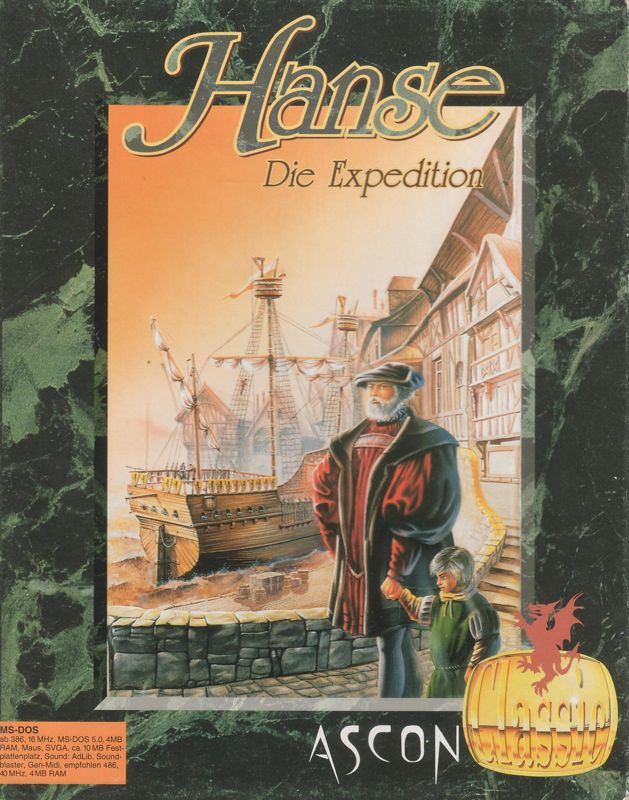
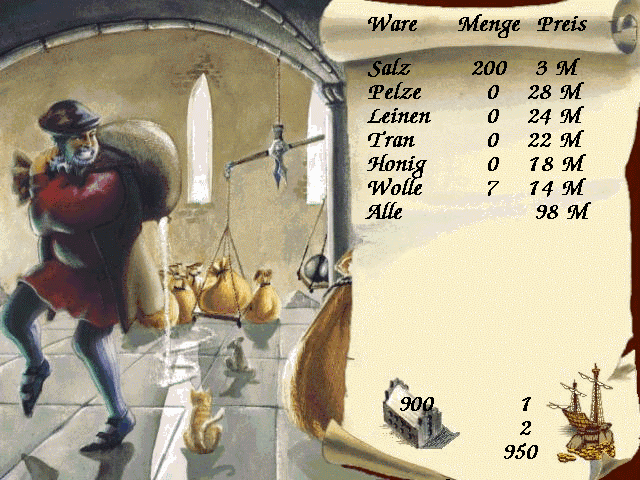
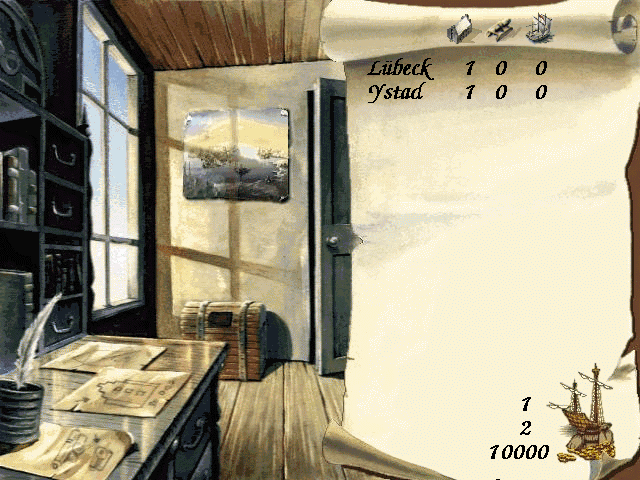
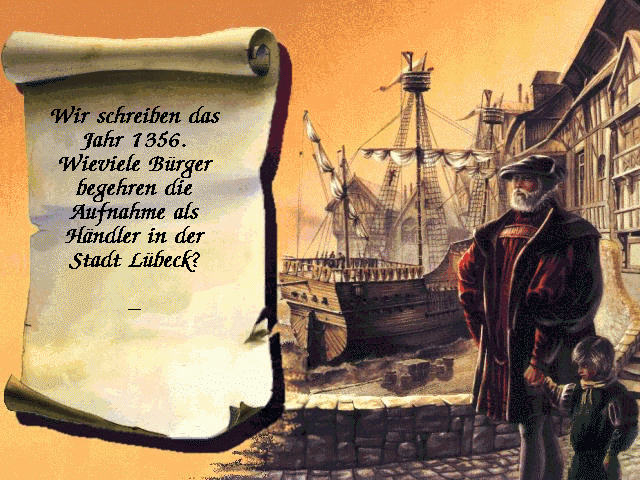
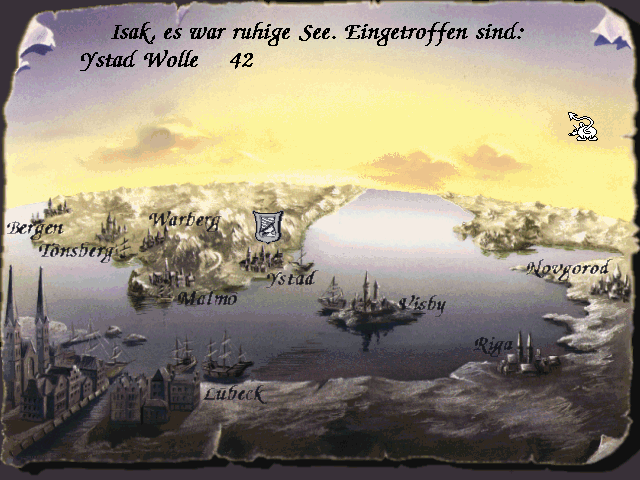



Reviews
There are no reviews yet.